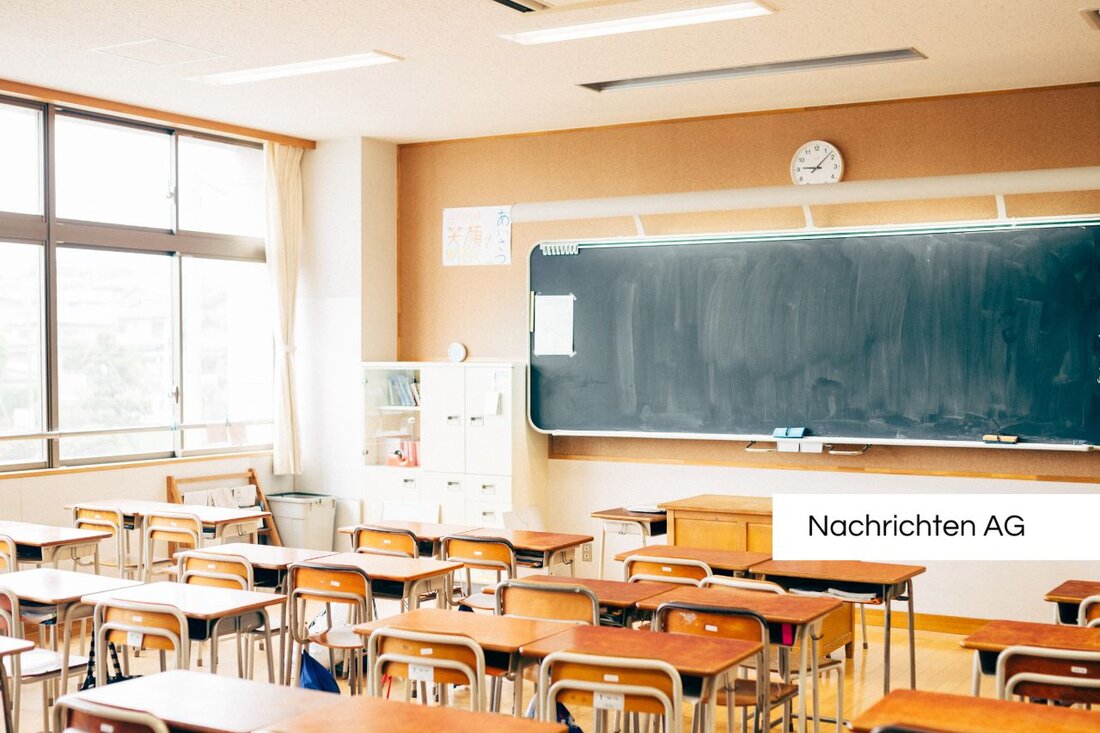German funding in kindergarten: Experts demand urgent need for action!
A quarter of the children in Vienna needs German funding. Expert demands clear strategies and more support for multilingualism.

German funding in kindergarten: Experts demand urgent need for action!
The proportion of children with German promotion in Austria has increased steadily in recent years. In the kindergarten year 2023/24, a quarter of the four and five years of age already needed support in language acquisition. This is a clear signal that changes in language support are required. Natascha Taslimi, an expert from the Elementary Education Network, has a sharp criticism of the current approach and calls for a clear strategy for promoting German in kindergartens. According to vienna.at, it is crucial that the appreciation is increased for bilingualism and that the parents assume active responsibility for the language development of their children.
Current measures, such as the increase in the external language supporters in Vienna, are not considered sufficient. Taslimi emphasizes that the planned second mandatory kindergarten year will not lead to a reduction in children with a need for German. The situation is particularly worrying that 21 percent of the first graders nationwide and 45 percent in Vienna are classified as extraordinary students.
Linguistic diversity and their challenges
The linguistic diversity in daycare centers (daycare centers) is particularly pronounced in urban regions. Children from different stories of origin and linguistic backgrounds present the facilities with new challenges. According to [bpb.de] (https://www.bpb.de/themen/dilung/dossier-bildung/547384/ Mehrsprachikung-unter-kita-kinder/), these children need targeted language support to ensure a successful start to school. In 2022, 23.8 percent of children between the ages of three and seven visited a day care center and mostly spoke a different language than German.
Particularly high shares are recorded in city -states such as Bremen (43 percent) and Berlin (35.8 percent), while in East German federal states the proportion is less than 10 percent. These differences reflect the regional migration stories and settlement structures, which means that linguistic support must be adapted to local needs.
Another problem arises from the insufficient equipment of the daycare centers with staff and the necessary technical expertise. It is important here that politicians recognize and prioritize the need for a well -structured concept for kindergartens and schools. A permanent contact, such as a language promotion for every location, could make a decisive difference.
The role of multilingualism
Multilingualism is a dynamic process that is influenced by social and individual factors. [herder.de] (https://www.herder.de/kiga-heute/fachmagazin/archiv/2018-48-JG/6-7-2018/wache-sprachen-prache-von- Mehrlagung-fuer-die- language development/) emphasizes that multilingual children are often more flexible in language acquisition and develop better cognitive skills for their later development is. However, language skills vary, based on the frequency of use and the context, and some children “lose” a language if it is no longer used regularly.
The need for an early linguistic suggestion is crucial for the language development of children. It is also important that the different languages of a multilingual child are also taken into account in the funding in order to strengthen their language skills. The positive effects of multilingualism should be recognized by politics and society more in order to offer children, especially from immigrant families, better chances.
In summary, it can be said that the current situation in the field of language support offers both challenges and opportunities. A holistic approach is required that includes both pedagogical and family resources in order to successfully support the language development of children with a need for German.

 Suche
Suche
